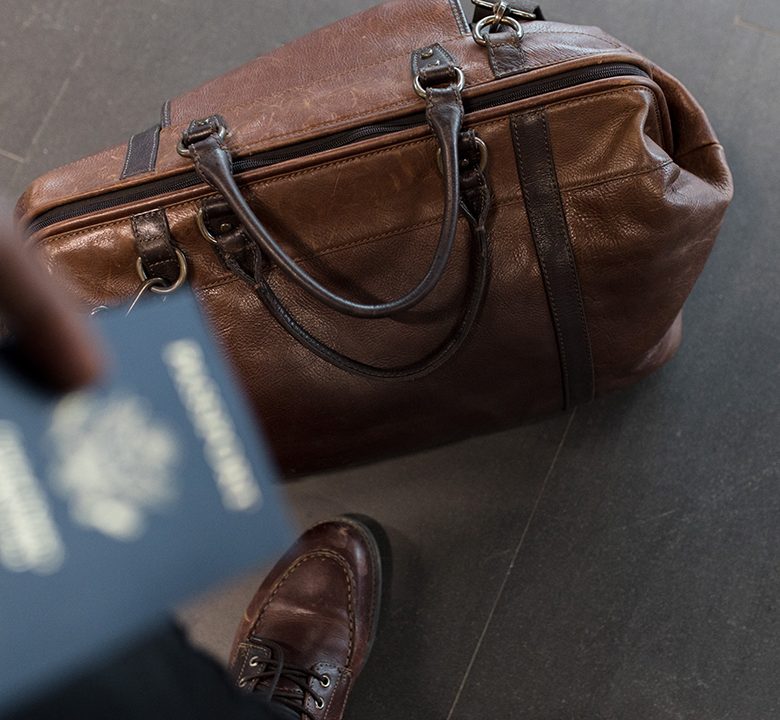Traveling Partners

The Nomad Choice
2020-10-06When we move abroad by ourselves, we have to get used to the new city and new life. We do it at our own pace.
Sometimes we are organized, sometimes we are not. Sometimes we feel like putting a lot of effort in it, sometimes we don't. We can follow our own pace.
When we emigrate as a couple or as a family, things change. While we all have to adjust to the new city and new life, some find it easier than others.
Personalities play a very important role
Many times, personalities play a very important role at this point but also the position in which we are going (whether we are going with an occupation or not, if we have a project or not, etc.)
If we are “the one being transferred” we have our work waiting for us and many times the fact of starting to work, already accommodates us enough. By the end of the day, when going back home, we meet our partner and/or family.
Some expats, when they get home, want to go out to discover new places; others are tired during the week and prefer to go out only in the weekend; others are so exhausted with the new life abroad that they just want to rest all weekend long.
If we are the partner, the situation is very different. We have to find what to do during the day and many times also do things that we did not do before or did differently.
For example, going from having a full-time job to not working in the new city often leads us partners to take care of household matters. This role was not necessarily discussed before moving but sometimes it just happens. Many times this role is not enjoyed. Many times we can fill ourselves with activities to get through the day and then wait for our partner to come home.
If we are in the first situation that I described before, our partner is dying to do exciting things and get to know the city (precisely what we did alone to spend the day!) And all we want is to share dinner at home. Or we are desperately waiting for our partner to come home from work to do something fun together, but our partner is exhausted from the challenging day they have had.
We do not need to be on the exact same page with our desire but dialogue is essential. Many times we take for granted what the other wants, what would be better for her/him to do or even what she/he "has" to do.
Trivial things may come up such as "why should I clean the house we both live in, if I didn't do it before?", "Why should I be a tourist guide and know everything about the new city that I don't know either", I must always be in a good mood ”,“ Apparently now my kids have only one parent who takes care of their obligations”.
Of course, many of these things are not determined by expatriation. Generally, these conflicts appear when there is a change of roles, in any situation. What happens to us in our specific context is that we feel we are alone and these small things can become very important.
A good talk where no one assumes anything for the other becomes essential. Expressing what we want and what we don't like is crucial to understand that expatriation moves us in different ways.
We are not the same in the new city, because our day to day change, our occupation, our references and our friends group. Establishing what each one wants to do and accommodating ourselves to what the other wants is essential for us to be a team.
In this way there is not "the plus one" where one has an interesting job offer and the other follows. In this way, there are fellow travelers, where they support each other, where if one of them does not have a job, they are not subordinate to the other. The travelling partners may or may not have the same project, but they accompany each other in the well-being of both.





